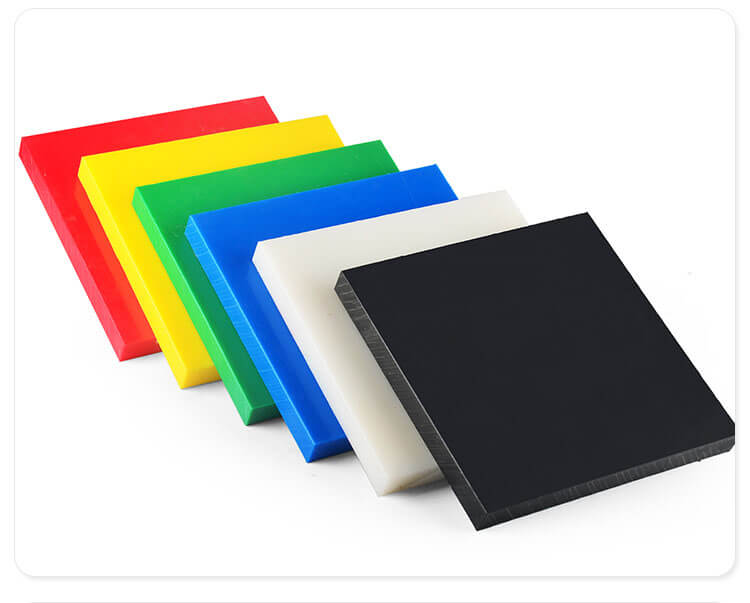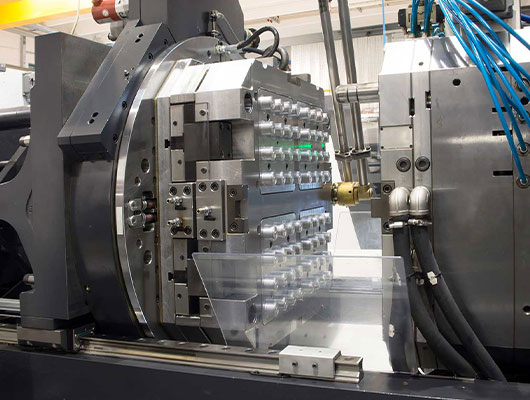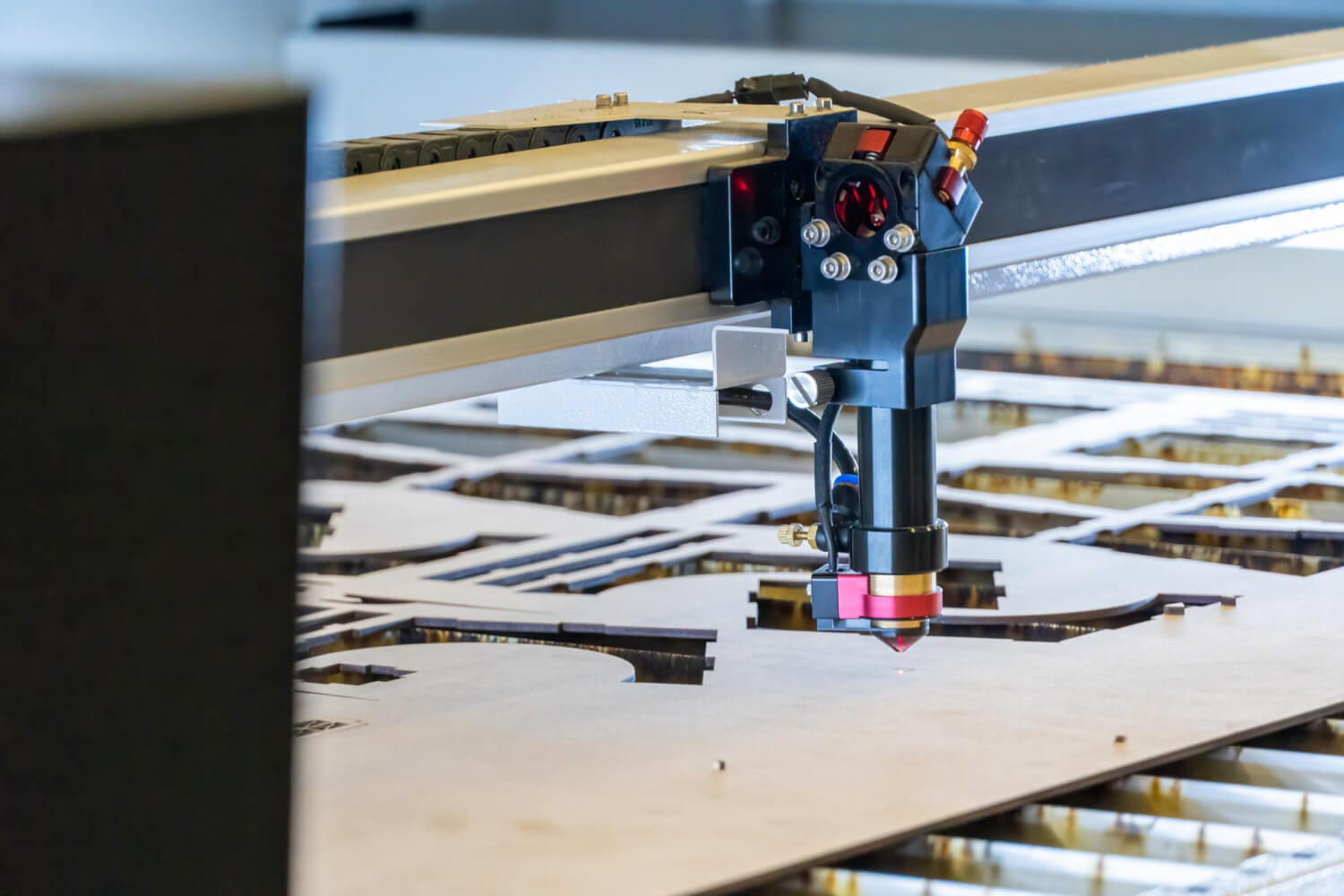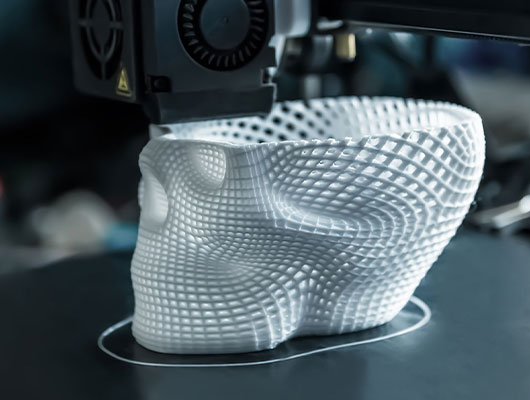Copper-based alloys are a versatile class of materials with copper as the primary component, typically alloyed with other elements such as zinc, tin, nickel, and aluminum to enhance their properties. These alloys are well-known for their excellent electrical and thermal conductivity, corrosion resistance, and machinability, making them popular in various industrial applications, including electronics, construction, plumbing, and marine environments. Copper’s natural corrosion resistance is due to the formation of a protective oxide layer, and this resistance is often further enhanced through alloying.
In addition to being corrosion-resistant, copper alloys have antibacterial properties, which is advantageous in healthcare and public facilities. Their thermal conductivity is also unmatched among non-precious metals, making copper alloys an excellent choice for heat exchangers, radiators, and electronic cooling systems. Additionally, many copper alloys are non-magnetic, an essential property in certain electrical and electronic applications.
Despite their numerous advantages, copper-based alloys can present challenges in CNC machining due to their ductility and tendency to gum up during cutting. However, with the right tools and machining parameters, they can be machined to high precision with excellent surface finishes. Copper alloys also come in various types and grades, allowing manufacturers to choose a material based on the specific requirements of conductivity, corrosion resistance, or mechanical strength.


-scaled.jpg)






